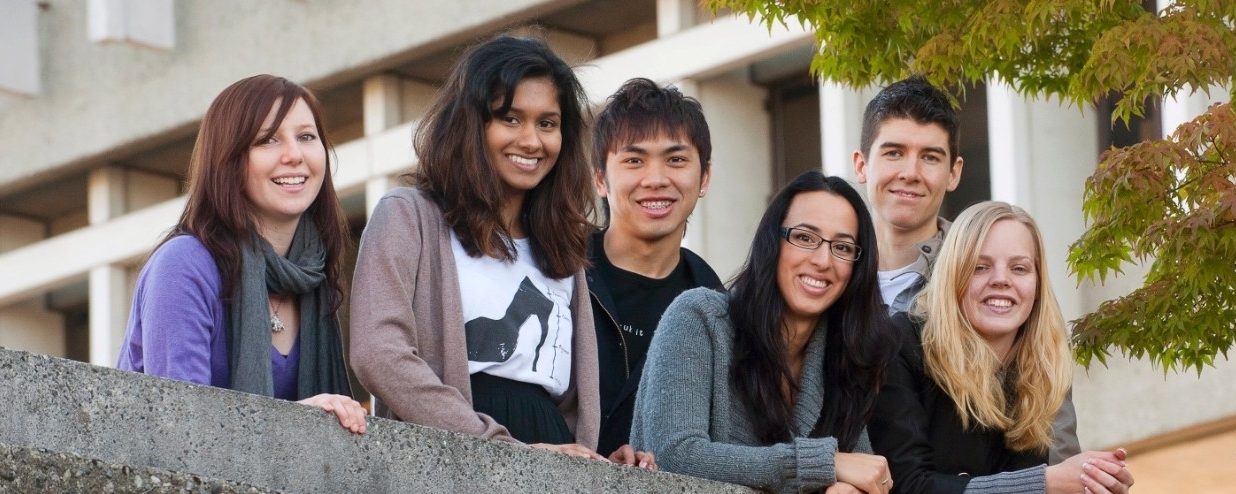Addressing the well-being and mental health of international students on campus
Arriving at a new university can be daunting for any student but it can be especially intimidating for international students who may be adapting to new cultures, overcoming language barriers, and living on their own for the first time.
“A student’s well-being directly contributes to their learning and success while at university,” says Martin Mroz, Director, Health & Counselling Services at Simon Fraser University. His department is an integrated service where students can meet with an interdisciplinary team of medical doctors, psychiatrists, psychologists, and counsellors.
Over the last few years, Martin says he’s noticed the climate changing with university students having more and more stressors than ever before.
“One of our main challenges is access,” notes Martin. “How do we create access for people who come from different countries. How do we make sure our services are welcoming and provide international students with the care they need? That’s an ongoing question we can’t be complacent about.”
In a recent opinion article for University Affairs, Catharine Munn, a lead psychiatrist in the Student Wellness Centre at McMaster University, profiled students’ struggles with mental health and their challenges around seeking help.
She notes that many international students “come from countries and cultures in which mental health is more highly stigmatized and care has been less accessible and acceptable to them.”
At SFU, a case manager is available to help international students better transition into campus life, but the university also places importance on non-clinical initiatives to promote the well-being of students.
For example, a few years ago Martin Mroz brought his Belgian Shepherd, Maya, to campus to spearhead a puppy therapy program during exam period. The program, which started out of the international office, is still going strong today.
SFU also organizes community cooking workshops, a popular initiative that allows students to “socialize, develop new cooking skills, and for international students, possibly learn how to buy groceries in BC,” says Martin, all in an effort to decrease isolation on campus.
Martin believes universities are doing a good job at addressing students’ mental health but “there’s always more that could be done.” He’s currently working with the Canadian Standards Association to develop national standards for the health and safety of post-secondary students, including marginalized student populations such as international students. A draft of the standards is expected to be rolled out later this year.



